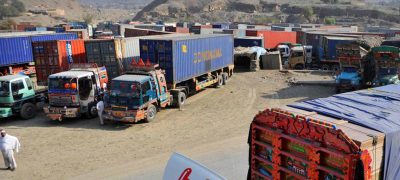Pakistan is losing a staggering $17 billion (Rs 4.73 trillion) annually due to the ongoing malnutrition crisis, equating to 4.6% of the country’s Gross National Income (GNI), according to a recent report by Nutrition International (NI).
The report highlights the critical issues of undernutrition, with key indicators such as stunting, low birth weight, childhood anemia, and anemia in adolescent women and girls contributing to the country’s public health crisis and its economic impact.
Read more: Pakistan Sees Decrease in Migrant Workers, But Remittances Surge
Stunting, which affects 34% of children under five, is the primary factor, resulting in a loss of 21 million IQ points and 3.3 million school years every year. Despite various interventions, stunting remains widespread, making Pakistan the 18th highest globally, with the highest rate of stunting in South Asia.
Additionally, 22% of newborns are born with low birth weight, and 53% of children aged 6-59 months suffer from anemia. These deficiencies contribute to cognitive losses, school dropouts, and reduced workforce productivity.
The economic toll of stunting alone amounts to $16 billion annually, or 4.2% of GNI, significantly affecting Pakistan’s economic development. With over 10 million children affected and 2 million new cases each year, the crisis poses a long-term threat to the nation’s growth.
The report urges urgent action to address malnutrition and meet the World Health Assembly’s goal of reducing stunting by 40% by 2025. Experts stress that without immediate improvements in nutrition and health, the country will continue to face severe economic losses, limiting its potential for progress.





